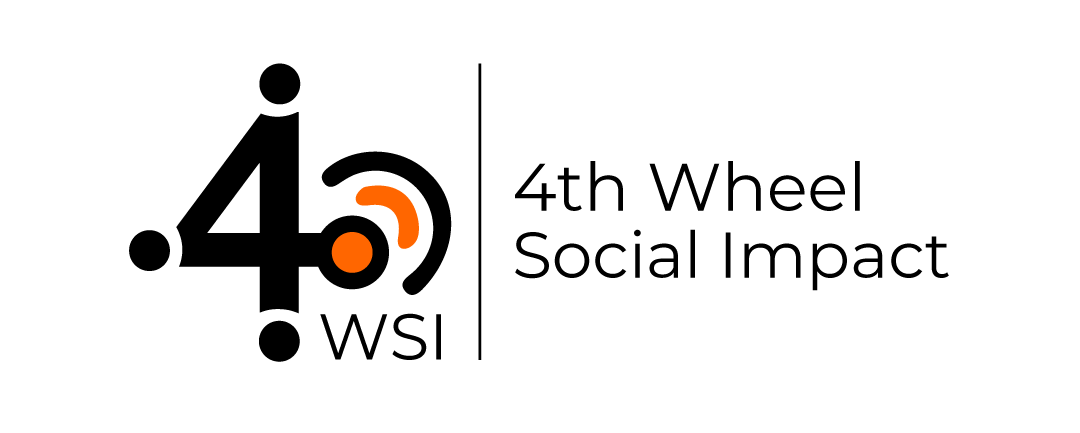SDG 17: Data and the global goals
- Nov 1, 2016
- 2 min read
Updated: Sep 16, 2025
The Millennium Development Goals (MDGs) have paved the way for the Sustainable Development Goals (SDGs) that the world will strive to achieve over the next fifteen years (2015-2030). Much has been accomplished already, but a key criticism of the MDGs was that there was insufficient attention paid to generating profound data to measure development progress.
SDG 17 – Strengthening the means of implementation and revitalize the global partnership for development – focuses on the need to empower countries’ databases and national monitoring indicators. The Goal explicitly anchors the call for data, monitoring, and accountability for the 2030 Agenda and urges countries to significantly increase the availability of high-quality, timely, and reliable data.
There has been substantial criticism regarding the lack of existing baseline data and measurability of the 230 indicators that are underlying the Global Goals (Development Gateway, 2015). Data availability was not explicitly a criterion for indicator selection and questions on data availability, country coverage, and time-span have remained unsolved upon the inauguration ceremony of the Global Goals.
To adequately measure progress in the next fifteen years, indicators should cover all 193 UN member states over multiple years before the SDG launch and not leave any countries behind. A study prepared by a broad coalition of data for development experts estimates that a total of US$1 billion per annum will be required to enable 77 of the world’s lower-income countries to catch up and put in place statistical systems capable of supporting and measuring the SDGs (United Nations 2016). Furthermore, data must be publicly available to keep UN member states accountable for their progress in implementing each of the goals.
Open data has emerged as one key solution to stimulate the use of data among citizens and government, promoting the sharing of data points and methods across the globe (World Bank 2015).
While the availability of data is one fundamental prerequisite for the successful implementation of the SDGs, getting regular and reliable measurements on each indicator is an equally important concern. The SDG indicators hereby show far more complexity and depth than the MDGs and especially developing countries face various challenges when establishing monitoring systems.
On the one hand, they might be institutional, e.g. not possessing substantial financial means, or emerge due to shortages in terms of methodology and knowledge resources. On the other hand, promising technology, innovation, and expertise might be available on a global level but are still not accessible for a majority of organisations in developing countries or, even more tricky, do not match the complex environment we encounter across diverse geographies.
Lastly, creating people-centred strategies for gathering data will be crucial to achieving desired results. In the end, it is not only about implementing the latest technology or most efficient gadgets. Data monitoring must be customized to the target group, the organisational culture, and the external ecosystem of the organisation.
The SDGs set an ambitious agenda for progress on our world’s most challenging problems. The direct reference to accountability and monitoring in SDG 17 could help in unlocking the full potential of all SDGs once multiple stakeholders acknowledge the power of impact evidence and join the data revolution.
This blog is written by Tatjana Mauthofer, Consultant– Impact Evaluationat 4th Wheel Social Impact.




Comments